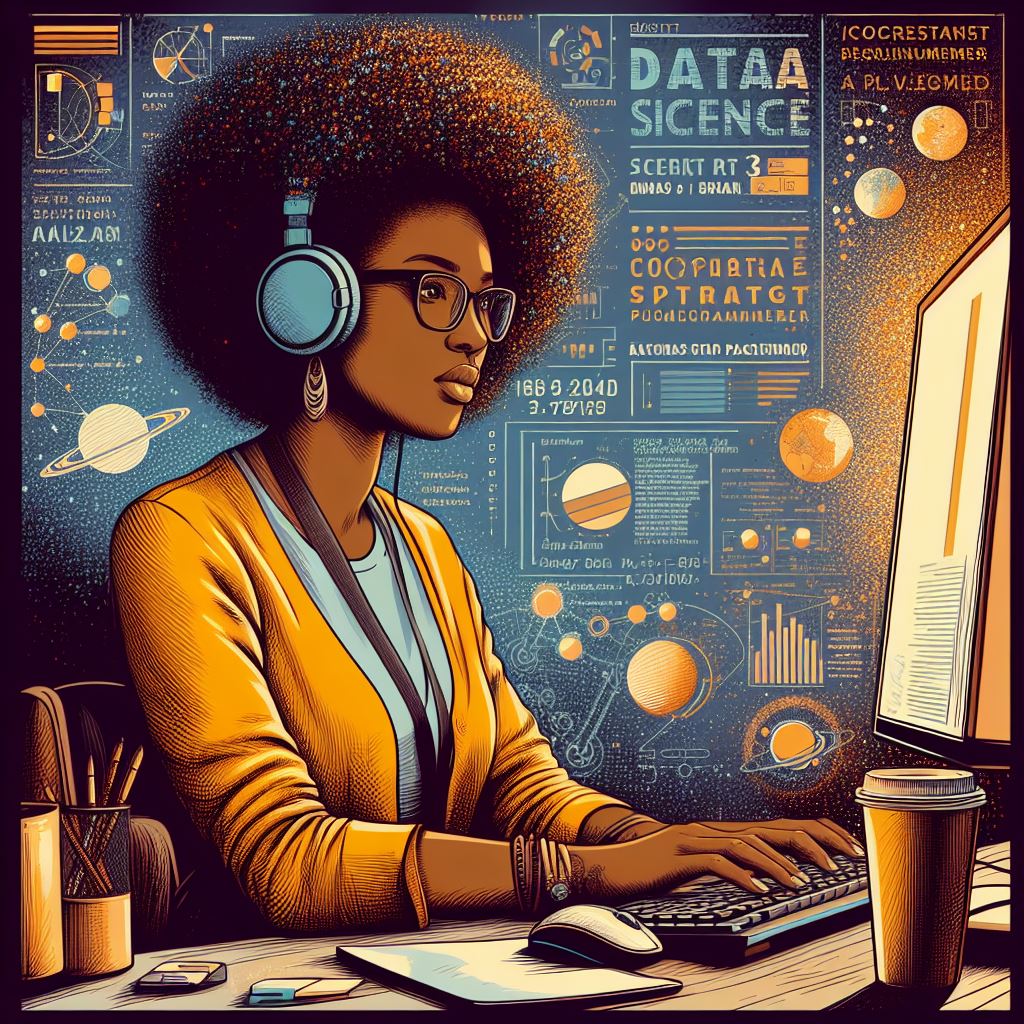In the ever-evolving world of digital marketing, staying ahead of the curve is essential, and one of the most impactful ways to do so is by integrating Machine Learning (ML) and Artificial Intelligence (AI) into your SEO strategy. These technologies are transforming how businesses optimize their websites, target the right audience, and deliver personalized experiences that lead to higher engagement and conversions. In this article, we will explore the significant role of ML and AI in SEO, and how they can help businesses achieve better rankings, improve content relevance, and boost overall digital marketing efforts.
The Role of AI in SEO
Artificial Intelligence is helping businesses understand and predict user behavior, making it easier to tailor content that meets the needs of their target audience. With the help of AI algorithms, search engines can assess the context of user queries more effectively, understanding intent beyond just keywords. Google, for instance, uses AI-powered systems like RankBrain to improve search result relevance. This AI algorithm analyzes how users interact with search results to provide more accurate and contextually appropriate content.
AI tools, such as natural language processing (NLP), also play a crucial role in content optimization. NLP allows AI to comprehend text in a way that mimics human understanding. By using this technology, SEO professionals can create content that resonates better with both users and search engine algorithms. Content creation is no longer about simply stuffing pages with keywords. Instead, AI helps marketers develop high-quality, engaging content that satisfies both user queries and search engine standards.
Machine Learning and SEO
Machine Learning, a subset of AI, is particularly powerful when it comes to improving SEO strategies. ML algorithms analyze vast amounts of data to detect patterns and trends that can be leveraged for optimizing a website’s search engine performance. Over time, these algorithms learn from data inputs, making adjustments to SEO strategies without the need for constant human intervention. This is particularly useful in dynamic SEO environments, where search engine algorithms frequently change.
For example, ML can be used to analyze user interactions with your website, including click-through rates, time spent on pages, bounce rates, and more. By evaluating these metrics, ML tools can identify which keywords, content types, or pages perform best. With this information, you can refine your SEO strategy to prioritize high-performing elements and improve underperforming ones.
How ML and AI Impact Keyword Research
Keyword research is the cornerstone of any SEO strategy, and AI and ML have greatly enhanced the way businesses approach this task. AI tools can analyze search trends, user behavior, and competitor data to suggest the most relevant keywords. These tools not only help identify high-traffic keywords but also uncover long-tail keywords that might otherwise be overlooked. Additionally, AI-powered systems can predict which keywords are likely to gain popularity based on emerging trends, giving businesses a competitive edge.
Machine Learning, on the other hand, can help refine your keyword strategy by evaluating how certain keywords perform over time. ML can detect shifts in keyword ranking, user engagement, and competition, enabling you to adapt your approach dynamically.
Personalization with AI and ML
Personalization is a key factor in improving SEO outcomes, and AI and ML play a significant role in this area. With AI-driven personalization, businesses can create tailored user experiences that result in higher engagement rates and improved conversion rates. By leveraging data about a user’s previous interactions, location, preferences, and browsing history, AI can deliver personalized content and recommendations.
For instance, AI-powered recommendation engines suggest products, articles, or services based on users’ interests and past behaviors. This not only boosts user satisfaction but also helps increase page views and retention, both of which are crucial factors for SEO success.
Future of SEO with AI and ML
As AI and ML continue to advance, their impact on SEO will only grow. Future SEO strategies will likely rely even more heavily on machine learning algorithms and AI tools for tasks such as content generation, ranking prediction, and real-time optimization. Additionally, AI technologies will continue to evolve in understanding human language, making search engines even smarter and capable of delivering highly relevant results.
Conclusion
Incorporating AI and ML into SEO strategies provides businesses with the tools they need to stay ahead in the competitive digital landscape. These technologies help improve content quality, predict trends, optimize websites, and deliver personalized experiences to users. As AI and ML continue to advance, businesses that embrace these innovations will have a significant advantage in achieving higher rankings and driving more traffic to their websites.
5
